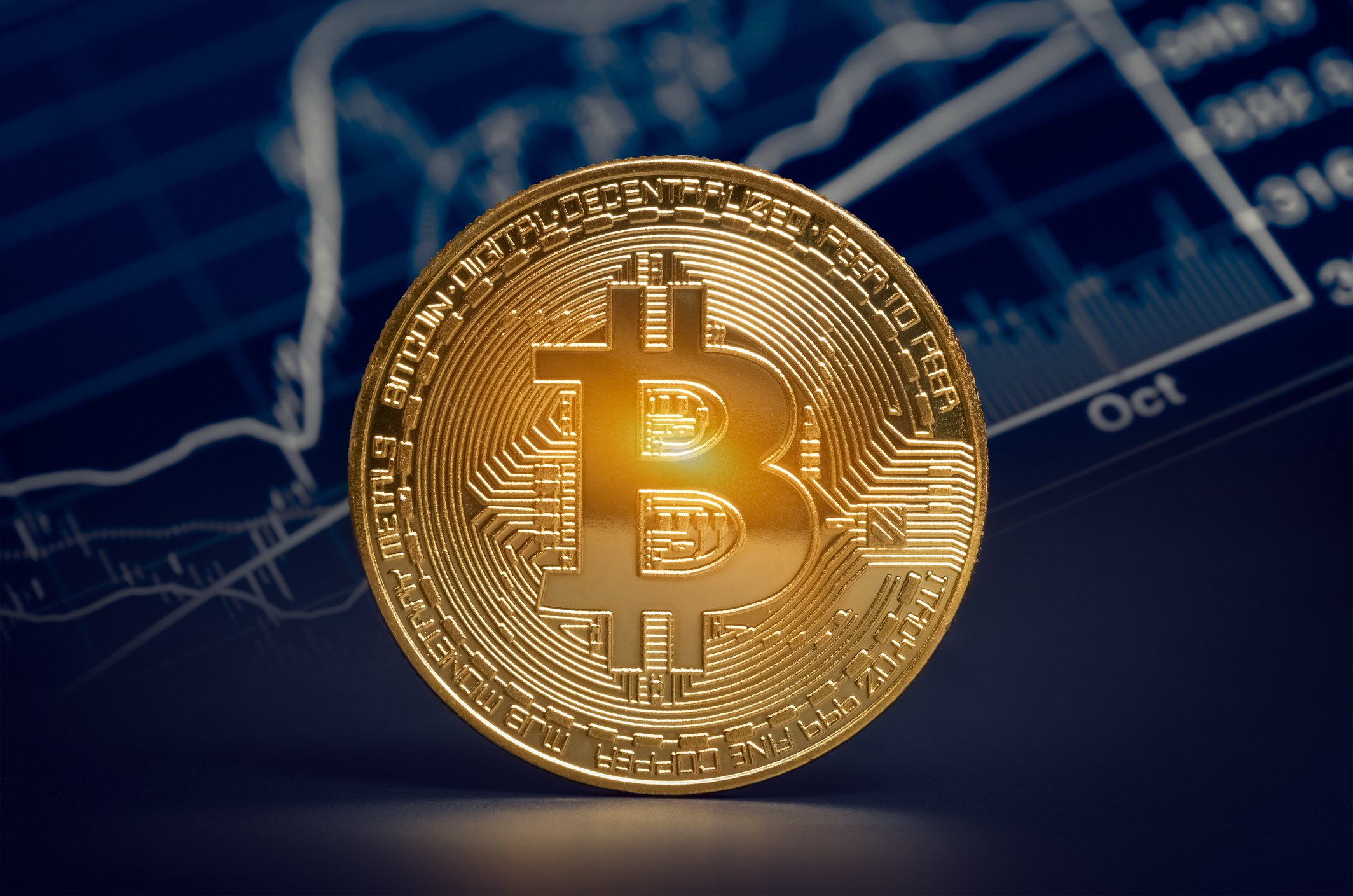Heading into 2025, it looked like the incoming Trump administration had a broad mandate to shake up the crypto industry. And, indeed, in his first 100 days, President Donald Trump signed a number of executive orders that were cheered on by the crypto industry, helping to send Bitcoin (BTC +1.04%) higher.
The big one was an executive order in March mandating the creation of a U.S. Strategic Bitcoin Reserve. But then came details about the Trump family's involvement in a number of new crypto ventures. As a result, bipartisan consensus on crypto is very much at risk. So what does this mean for Bitcoin and the Strategic Bitcoin Reserve?
Political infighting in Washington
The first public signs of political infighting flared up in early May, when both the House and Senate were supposed to hold meetings on proposed new crypto legislation. The House was meeting to discuss a comprehensive new regulatory framework for the crypto industry, while the Senate was scheduled to vote on new stablecoin legislation.

Image source: Getty Images.
Things spiraled out of control when a top Democratic lawmaker walked out of a meeting of the House Financial Services Committee, claiming potential conflicts of interest on the part of the Trump White House. According to some Democrats, a number of new crypto projects -- including the meme coin Official Trump -- have been used to enrich the president and his family.
At the same time, news was circulating about a $2 billion stablecoin deal involving World Liberty Financial, the Trump-affiliated crypto venture, and a company based in Abu Dhabi. As a result, some senators backed off their support for pending stablecoin legislation over security concerns and the risk of potential foreign influence.
Will the U.S. get a Strategic Bitcoin Reserve?
And that's where things get really interesting, because the new stablecoin legislation and the new crypto regulatory framework legislation were really just the warm-up acts. The headliner act, if you will, is new legislation for the U.S. Strategic Bitcoin Reserve.

CRYPTO: BTC
Key Data Points
When the White House announced the Strategic Bitcoin Reserve back in May, it issued an executive order. And that order was much less far-reaching than many people expected. It basically made the U.S. Treasury the sole managing authority for the government's Bitcoin, and ordered all government entities to send their tokens to the U.S. Treasury for safekeeping.
However, instead of ordering the U.S. Treasury to start buying Bitcoin, it simply said that buying it might occur in the future, as long as it was "budget neutral." In other words, no taxpayer funds can be used to buy the crypto on behalf of the government. Legislation was supposed to solve that problem by clearly laying out how that might happen.
As if that weren't enough, there's also the matter of what's happening with Bitcoin reserve legislation at the state level. These initiatives are now running into a lot of political trouble as well. For example, Arizona, a state long thought to be friendly to Bitcoin, just had its strategic reserve bill vetoed by the governor after concerns surfaced about taxpayer funds being invested in it.
What needs to happen next?
When it comes to crypto legislation, timing matters. Certain legislation needs to get done first, and that can then be used as a stepping stone for more-complex legislation. If you don't get the timing right, you're going to end up with a muddled product or perhaps no product at all.
The crypto industry needs stablecoin legislation first, then legislation creating a comprehensive regulatory framework for crypto, and only then can we get the type of nuance and complexity required for a first-of-its-kind Strategic Bitcoin Reserve. The fact that states were busy creating their own Bitcoin reserves was supposed to help, by creating a template that could be used later by the federal government.
In January, it looked like everything might be wrapped up by midsummer. Now, it's looking like Strategic Bitcoin Reserve legislation might not arrive until 2026 at the earliest. According to online prediction markets, the chances of a national Bitcoin reserve in 2025 are just 38%. Back in March, that percentage was 70%.
Political infighting in Washington could slow Bitcoin's ascent, much to the dismay of all its bulls. The good news is that money continues to flow into the spot Bitcoin exchange-traded funds, suggesting that the crypto may still have room to run in 2025.





